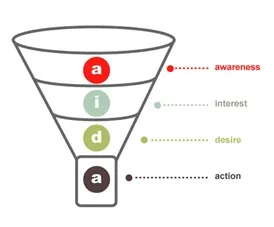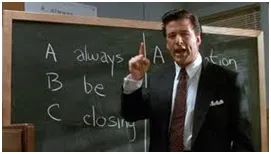10 Cs of sales and marketing
The conventional thinking on sales and marketing in startups goes something like this: ‘Build a great product and customers will come’. This notion arising out of a factory mindset doesn’t take a startup too far.
In today’s era of fast-failing and quick-learning product development cycles, customer development should happen in parallel if not in advance vis-a-vis product development.
Here is a checklist of things that startups need to track. (The list is in no particular order):

1. CustomersUnderstanding the pain points of customers and the ability to have deep conversations with them in a language they can understand helps you build stellar products and services. Segment your customers based on sound logic, target them using appropriate channels and position products and services that fit their needs well.

2. Community Actively build communities around your products. Social media presence may not result in immediate sales but it is important to build a community for learning from your potential customers.

3. ContentCustomers spend a lot of time and money searching and evaluating options before they can procure and use your product. If you think about it, the features you pack in your product may not do as much to the overall customer experience as providing content to help them make quick, informed decisions. Producing useful content through blogs, white papers, collaterals etc. is very crucial.

4. CompetitorsUnderstanding the competitive landscape keeps you grounded and also helps you come up with key differentiators. Understanding customer pain point is not enough. If your competition is already addressing the pain point it becomes extremely important to identify key differentiation.

5. CreativityThe sales and marketing function needs to be creative in order to test hypotheses fast in the market and help the product development teams iterate rapidly on product ideas. Overcoming barriers to adoption requires a lot of creative thinking and quick experimentation.

6. ConferencesIt is important for the organization to own the mindshare on core ideas of the company. Conducting conferences and events around these ideas helps build credibility and the brand association.

7. ContactsGenerating leads and contacts is the bread and butter of the sales and marketing function. Creatively unlocking new lead sources as well as finding ways to engage them are keys to success. The sales and marketing functions need to eat, breathe and live the sales funnel.

8. ConversionsBe relentless and focus on converting your leads. As Alec Baldwin has famously said, “Always Be Closing.” Schmoozing with the customers and coming back feeling good is not closing; closing is all about #10 in the list.

9. CRMStart a process oriented culture right after you get your second customer. Without a solid process, sales and marketing teams can end up missing meetings, losing leads and not connecting the dots on customer needs. Information about the customer is wealth.

10. Cash All said and done, Cash is King!

About the author
Rajiv Jayaraman, an INSEAD MBA and a BITS-Pilani alumnus, is the founder-CEO of KNOLSKAPE, a gamification and simulation software company that focuses on talent transformation. A TEDx speaker, Rajiv has spoken at various national management conclaves. He has delivered guest lectures on technology strategy and entrepreneurship at INSEAD, IESE, IIM-Bangalore, IIT-Madras, IIFT-Delhi, NMIMS, MICA. He trains consultants at leading companies on innovation, risk and change management.
image source: linkedin.com







